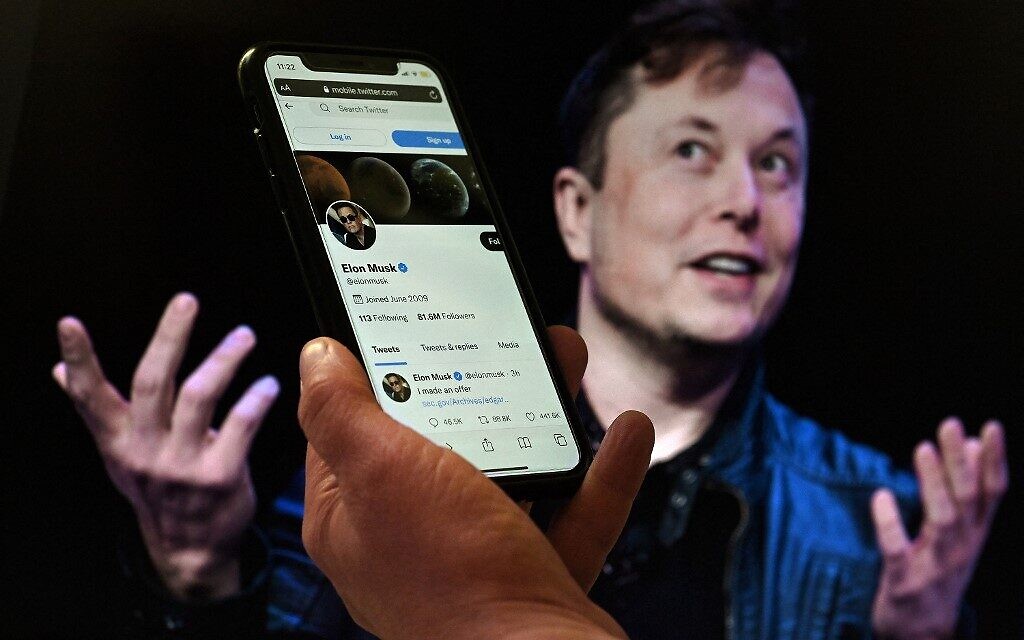by Hiram E. Jackson
The California Department of Fair Employment and Housing’s recent suit against Tesla for retaliating against thousands of Black workers who charged the company with discrimination must have tested CEO Elon Musk’s resolve — and his commitment to moderating the corporate narrative.
According to the suit, “As early as 2012, Black and/or African American Tesla workers have complained that Tesla production leads, supervisors, and managers constantly use the n-word and other racial slurs to refer to Black workers. They have complained that swastikas, ‘KKK,’ the n-word, and other racist writing are etched onto walls of restrooms, restroom stalls, lunch tables, and even factory machinery.”
Well, the air up there in the billionaire stratosphere is rare, and the people who live, work, and play in that space have a different way of being.
Being a $100 billion wealthier than the second richest man in the world, Amazon’s Jeff Bezos doesn’t cut it for this select segment of the population. The need for control and bending public perception is just too appealing to pass up.
Billionaires like Musk, the world’s richest man, play by a different set of rules, and they amass power for their own gain and the sake of having it — which is why Musk wants to own Twitter.
Twitter is the social media platform of nearly 217 million users that houses and shares valuable information about newsworthy events. It’s a digital ticker tape that spits out news briefs for political discourse, free exchange, and facilitated connections and communications in a public space. The company will go private once the all-but-inked deal is done.
The April 25 announcement of the $44 billion Twitter takeover by Musk immediately prompted a number of users to declare that they will abandon the platform. But that was an all-but-foregone conclusion since the site is extensively used by news people, i.e., journalists, media outlets, and consumers around the nation and the world.
Twitter is particularly popular with Black folk. Black Twitter, as the community calls itself, is known for elevating calls for racial justice — #BlackLivesMatter, #ICantBreathe, #SayHerName, #OscarsSoWhite, to name just a few of the viral hashtags created on the platform — and for creating clever memes about hot topics. That said, Twitter is used by roughly 25 percent of adults in the United States, and 75 percent of those users visit the site daily for news.
Musk purports that Twitter has strayed from its “platform for speech,” and his intentions are nothing less than noble. He says he intends to establish the service as “a public platform that is maximally trusted and broadly inclusive.”
Consumers are dismayed, content creators are more than disturbed, and readers are rightfully uneasy about the deal to turn the information platform over to Elon Musk.
Essentially, Twitter — which has been a valuable news source offering objectivity and equal time for every point of view — is at risk of becoming a repository for conservative culture content. Although Musk said that his intentions are nothing less than altruistic, he and the “Musketeers” are devotees of the “fake news” political flank. They wear that ill-conceived phrase like armor to detract from and deflect real news, opting instead to promote “versions” of the truth.
But why would Musk, a 44-year-old son of wealth and privilege — and a pacesetter in the electric car and space travel realm — ground himself in a relatively conventional online media space?
Although the self-described “free speech absolutist” touts the move as one of pure altruism designed to defend and expand freedom of speech for Twitter users, it’s also his ticket to lobby for the interests of him and his stockholders, shape policy, and control the socio-political narrative.
Moreover, to counter Musk’s noble declaration of protecting freedom of speech, the Twitter move contradicts the tenants of impartiality in these online portals and flies in the face of free speech and fairness.
Media watchdogs and human rights groups, including Amnesty International and the ACLU, are already sounding the alarm about the rise in hate speech on Twitter since the Musk takeover. They worry that new policies and practices will ignore violent speech and sanction volatile hate-centered online behavior.
In the quake of Musk’s Twitter acquisition, U.S. Sen. Elizabeth Warren wrote on Twitter: “The deal is dangerous for our democracy.”
The former presidential candidate went on to write that “Billionaires like Elon Musk play by a different set of rules than everyone else, accumulating power for their own gain. We need a wealth tax and strong rules to hold Big Tech accountable.”
On Monday, April 25, a user tweeted an account of a Black family’s home being ransacked by police. Officers targeted the home of a 17-year-old girl, who stood up to law enforcement agents and defended her autistic brother when he was accosted by police while shopping. The evidence offered was indisputable, as a video of the incident was posted on Twitter and other social media outlets.
That’s the type of content in jeopardy if relevancy is determined by a private group of investors — the evidence of things seen.
But staying true to transparency and fairness in reporting, some former users of the platform are returning since the announcement of Musk’s takeover.
Donald Trump, the most infamous abuser of the platform — whose account was permanently suspended in 2020 for inciting violence after the Jan. 6 insurrection — is no doubt delighted.



